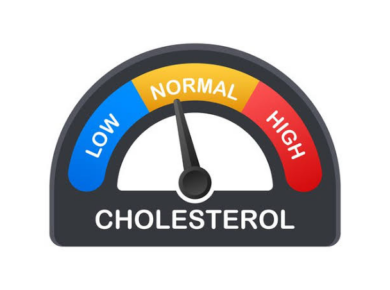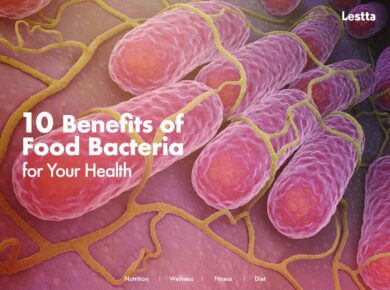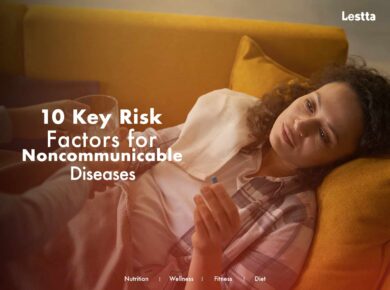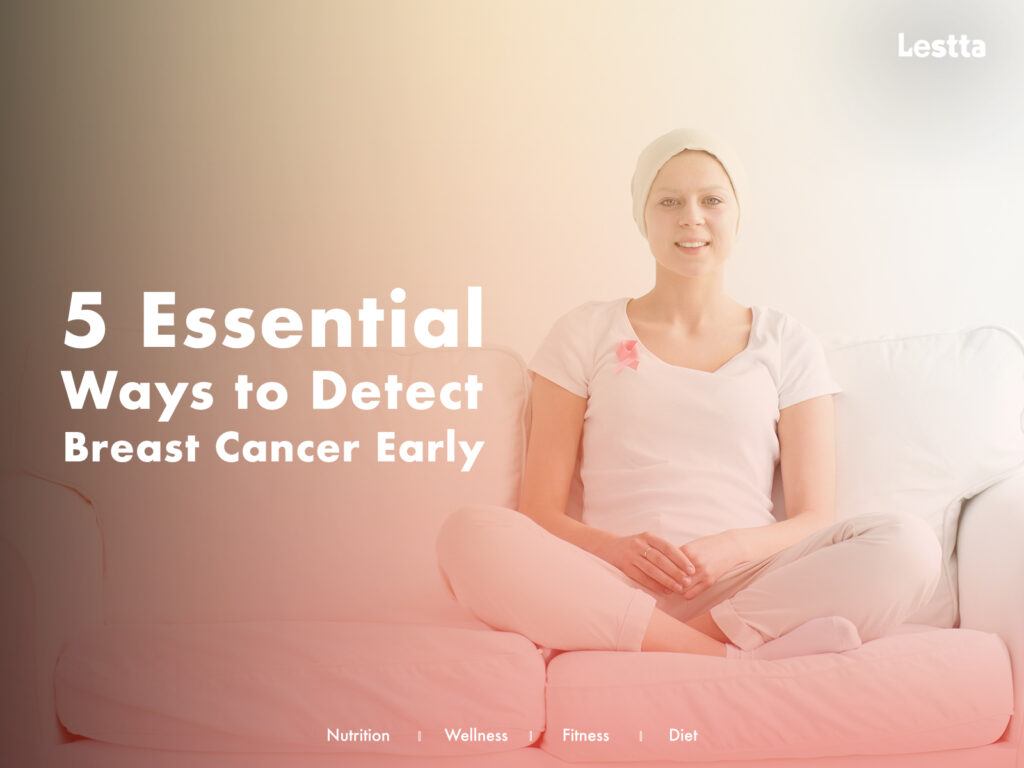
Breast cancer is a serious health concern affecting countless lives worldwide. Detecting breast cancer at an early stage can significantly improve the chances of successful treatment and recovery. As the saying goes, “early detection is key,” and it holds true for breast cancer as well. In this article, we will delve into five essential methods that can help detect breast cancer early.
1. Regular Self-Exams
Performing regular breast self-exams is a crucial step in detecting any changes or abnormalities in your breasts. By becoming familiar with the normal look and feel of your breasts, you can quickly identify any unusual lumps, changes in size or shape, or skin changes.
It’s recommended to perform a self-exam once a month, ideally a few days after your menstrual cycle when your breasts are less likely to be tender or swollen.
2. Clinical Breast Exams
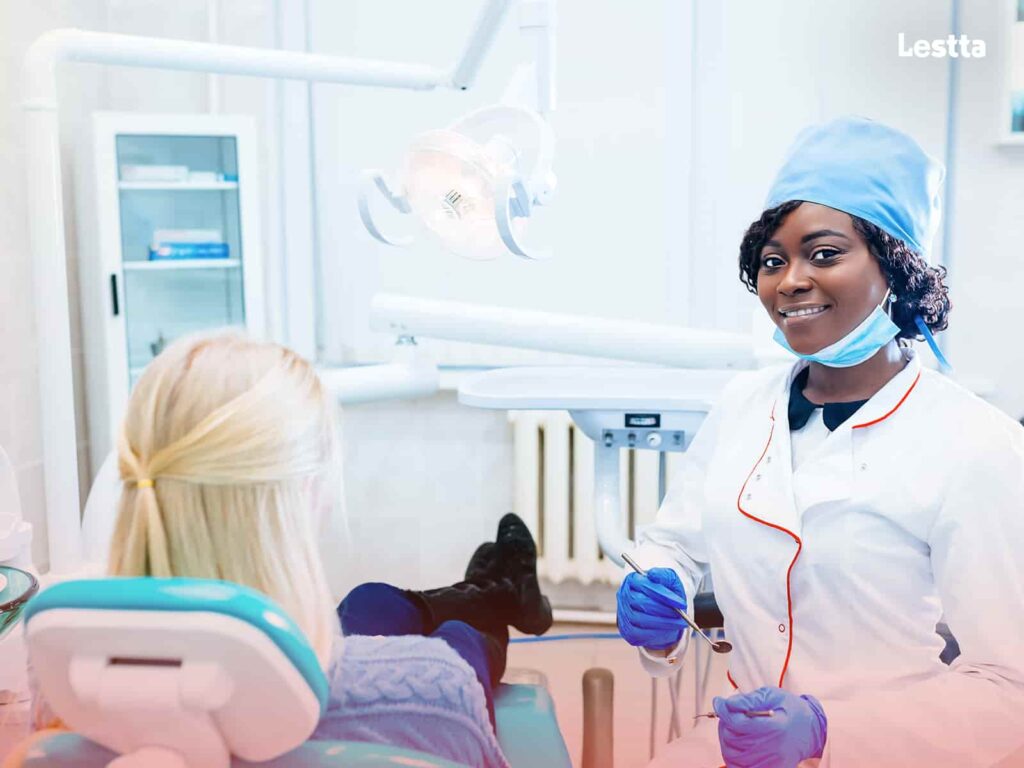
A clinical breast exam involves a healthcare professional examining your breasts for any signs of potential issues. This examination, typically performed during your regular check-up, can help detect breast cancer or other abnormalities early on.
Discuss with your healthcare provider how often you should have clinical breast exams based on your age, family history, and other risk factors.
3. Mammograms
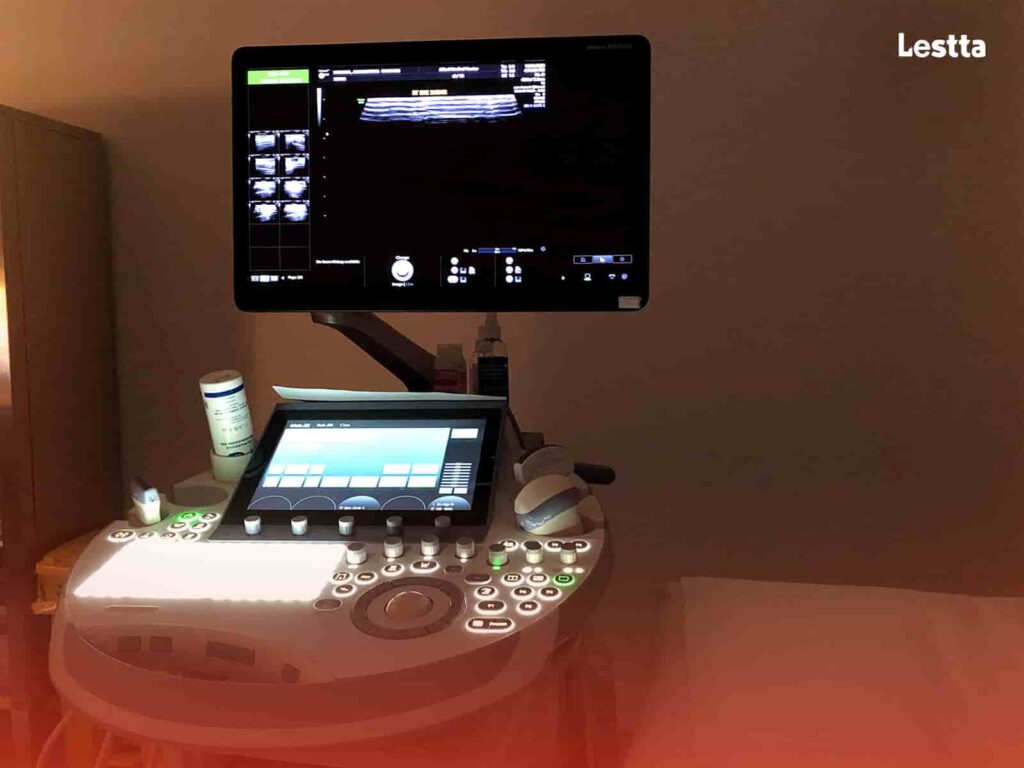
Mammograms are an essential tool for detecting breast cancer in its early stages, even before symptoms are noticeable. These X-ray images of the breast can detect tumors that are too small to be felt.
The American Cancer Society recommends that women with an average risk of breast cancer start having regular mammograms at the age of 40 and continue annually. Those at higher risk may need to begin screening earlier or undergo more frequent tests.
4. Know Your Family History

Having a family history of breast cancer can increase your risk. If you have close relatives who have been diagnosed with breast cancer, especially at a young age, it’s important to share this information with your healthcare provider.
They can help assess your risk level and recommend appropriate screenings and preventive measures.
5. Stay Informed and Aware
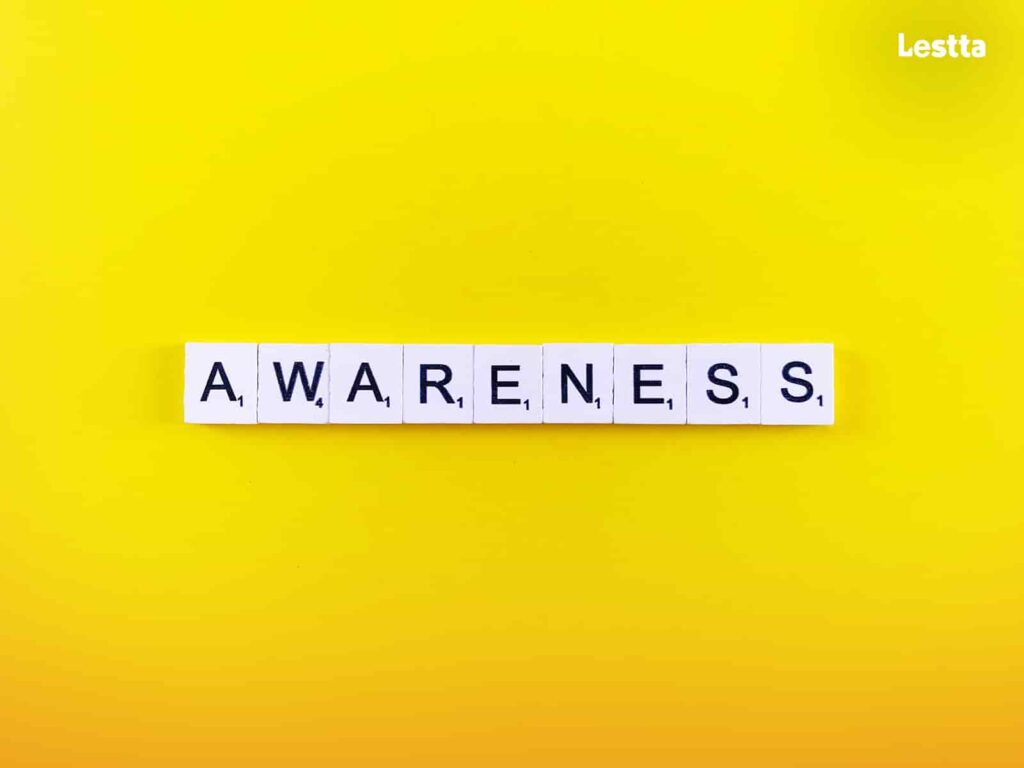
Education is a powerful tool in the fight against breast cancer. Stay informed about the latest developments in breast cancer detection and treatment. Be aware of any changes in your breasts, even if they seem minor, and don’t hesitate to consult a healthcare professional if you notice anything unusual.
Being proactive and advocating for your health can make a significant difference in detecting breast cancer early.
Conclusion
Detecting breast cancer early is vital for ensuring the best possible outcome in terms of treatment and survival. By incorporating these five essential methods into your healthcare routine, you can take proactive steps towards early detection and prioritize your breast health.
As you navigate your journey to detect breast cancer early, keep in mind that early detection not only increases the chances of successful treatment but also empowers you to make informed decisions about your health.


